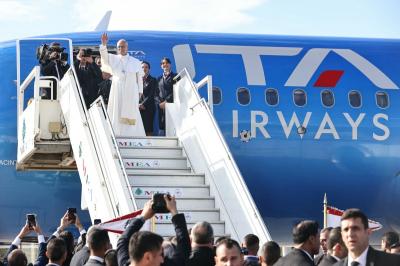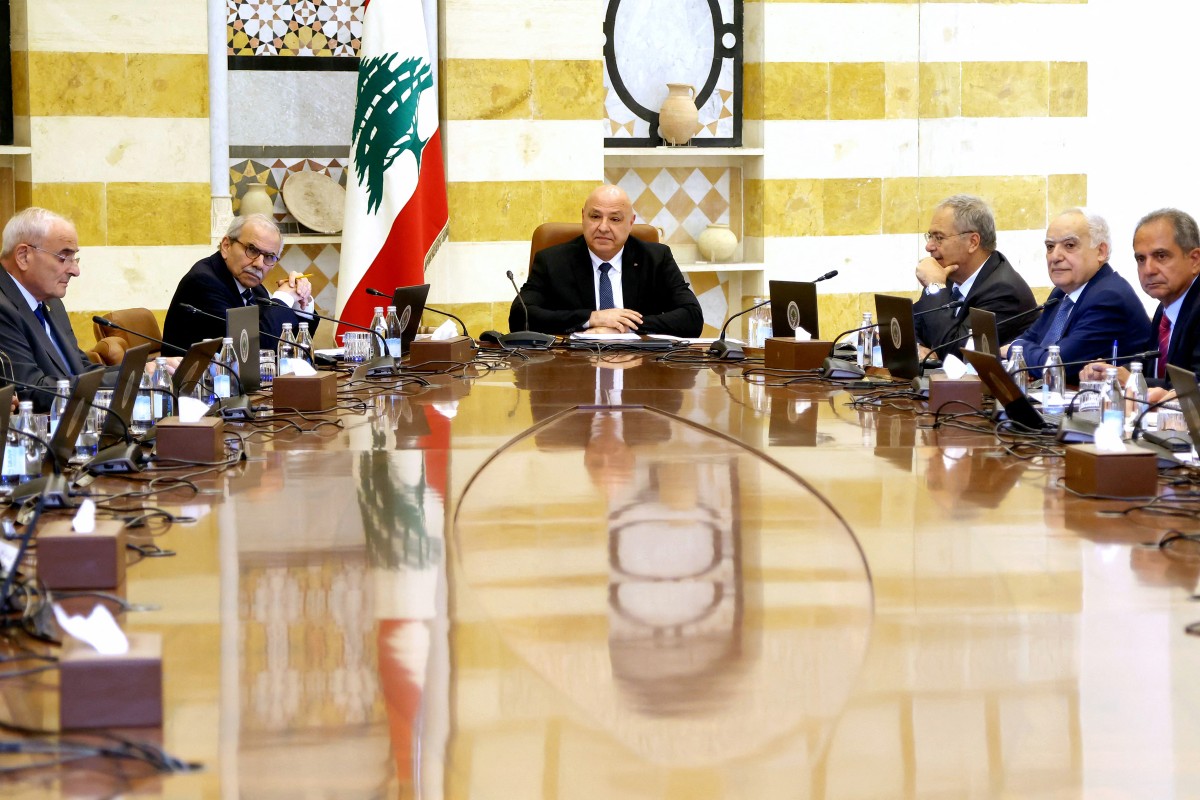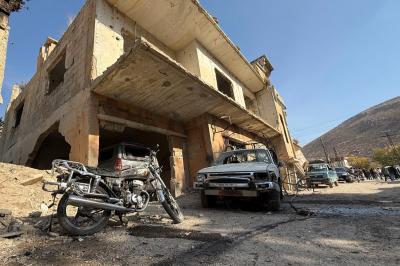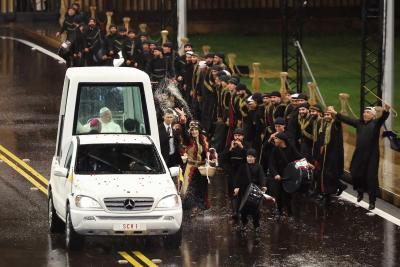The Cabinet session chaired by President Joseph Aoun at the Presidential Palace will be remembered as pivotal—if not outright historical. The meeting concluded with a landmark decision: the Lebanese Army is now officially tasked with preparing a concrete action plan to disarm all non-state actors by the end of this year. The plan must be submitted to the Cabinet for discussion and approval by August 31st. Prime Minister Nawaf Salam laid out a compelling case for the move, grounded in the Taif Agreement, the government's ministerial statement, the President’s inaugural address, and the UN-brokered ceasefire agreement previously endorsed by Lebanon.
August 5th, 2025, will mark the true start of the presidential term and a turning point toward state-building. After all, how can any government succeed if it lacks control over decisions of war and peace? How can it regain local and international trust when weapons remain outside its authority—undermining domestic momentum and fueling international isolation?
Though challenges lie ahead, the old scare tactics—the threat of civil war, government collapse, or a repeat of May 7—have failed. Those warnings were previously hurled at the Lebanese Forces and other sovereignty-aligned parties whenever they raised the issue of "Hezbollah"’s arms or endorsed the American proposal in Cabinet discussions. Yet this time, even in the face of "Hezbollah"'s opposition, the ministers representing the Lebanese Forces stood firm, repeatedly demanding a clear timeline for disarmament and the exclusive control of weapons by the state.
"Hezbollah"’s efforts to intimidate—be it through its signature motorcycle parades or the threatening rhetoric of Deputy Secretary-General Sheikh Naim Qassem—failed to deter the government from fulfilling its duties. Qassem’s remarks, which coincided with the Cabinet session, may have backfired and galvanized previously hesitant ministers. The decision was ultimately passed with full consensus—except for the opposition of "Hezbollah"’s allies and a reservation voiced by Shiite Minister Fadi Makki on one clause.
Qassem reverted to the familiar slogan of “the army, the people, and the resistance,” asserting that Israel would not dare escalate its aggression because “missiles will rain down on the Zionist entity, and the security they’ve built over eight months will crumble in one hour.” Yet similar claims were made in the past—that Israel would never dare strike Beirut or Dahieh, or even breach Lebanese territory. The infamous “100,000 rockets” that "Hezbollah" touted also never materialized during Israel’s 66-day assault.
Qassem attempted to reinterpret the Taif Constitution to suit "Hezbollah"’s agenda, claiming that “the resistance is enshrined in the Taif Accord and cannot be subjected to a vote—it requires national consensus.” What he omitted is that legal texts leave no room for reinterpretation, and the Taif Agreement clearly calls for exclusive state control of arms—a basis the current government has used to justify its decision.
He also rejected any timeline for disarmament, framing it as a capitulation to Israel, the U.S., and an unnamed Arab country. At the same time, he invoked the need for “cooperation between the three presidencies” and warned, “solve the issue of Israeli aggression first, then we’ll discuss arms.” As usual, he reverted to accusations of treason, warning against “agents of internal discord with blood on their hands who serve the Israeli project.”
The real crisis for "Hezbollah" today is not just the loss of government cover, but the collapse of its entire political shield. One ally after another has distanced themselves: Wiam Wahhab, General Michel Aoun and his Free Patriotic Movement, Faisal Karami, and most recently, the Marada Movement through MP Tony Frangieh. "Hezbollah"’s arms now stand politically orphaned.
The government's decision triggered reactions from "Hezbollah"’s base, with comparisons drawn to the May 5th, 2008 decision that preceded the violent events of May 7th. They warned that just like the government then failed to implement Palestinian disarmament, it would fail again, and that the Lebanese Army was now being pitted against "Hezbollah". But:
- "Hezbollah" is no longer capable of repeating a “May 7th” scenario. Its military and security standing is deteriorating, its supply lines are cut, and unlike in Doha 2008, there’s no political gain or international mediator in sight.
- Disarming Palestinian factions—which “Hezbollah" once protected—will be far easier once "Hezbollah" itself is disarmed.
- The army is merely fulfilling its constitutional duty: upholding the rule of law and ensuring that only the state possesses arms. Anyone who resists this is, by definition, outside the law.
With this Cabinet decision, Lebanon is not only closing the chapter on "Hezbollah"’s arms, but also turning the page on the entire “Axis of Resistance.” One symbolic but telling move: renaming “Hafez al-Assad Boulevard” near the airport to “Ziad Rahbani Boulevard.” More such steps are expected in the coming days.
No country can provide safety to its people when its leaders are paralyzed by fear—fear of implementing the law. It was this fear, in 1969, of confronting Palestinian arms, that sowed the seeds of Lebanon’s 15-year civil war beginning in 1975. Let us hope today’s leadership breaks free from that same fear—before it breeds failure and destruction once again.
Please post your comments on:
comment@alsafanews.com
 Politics
Politics













